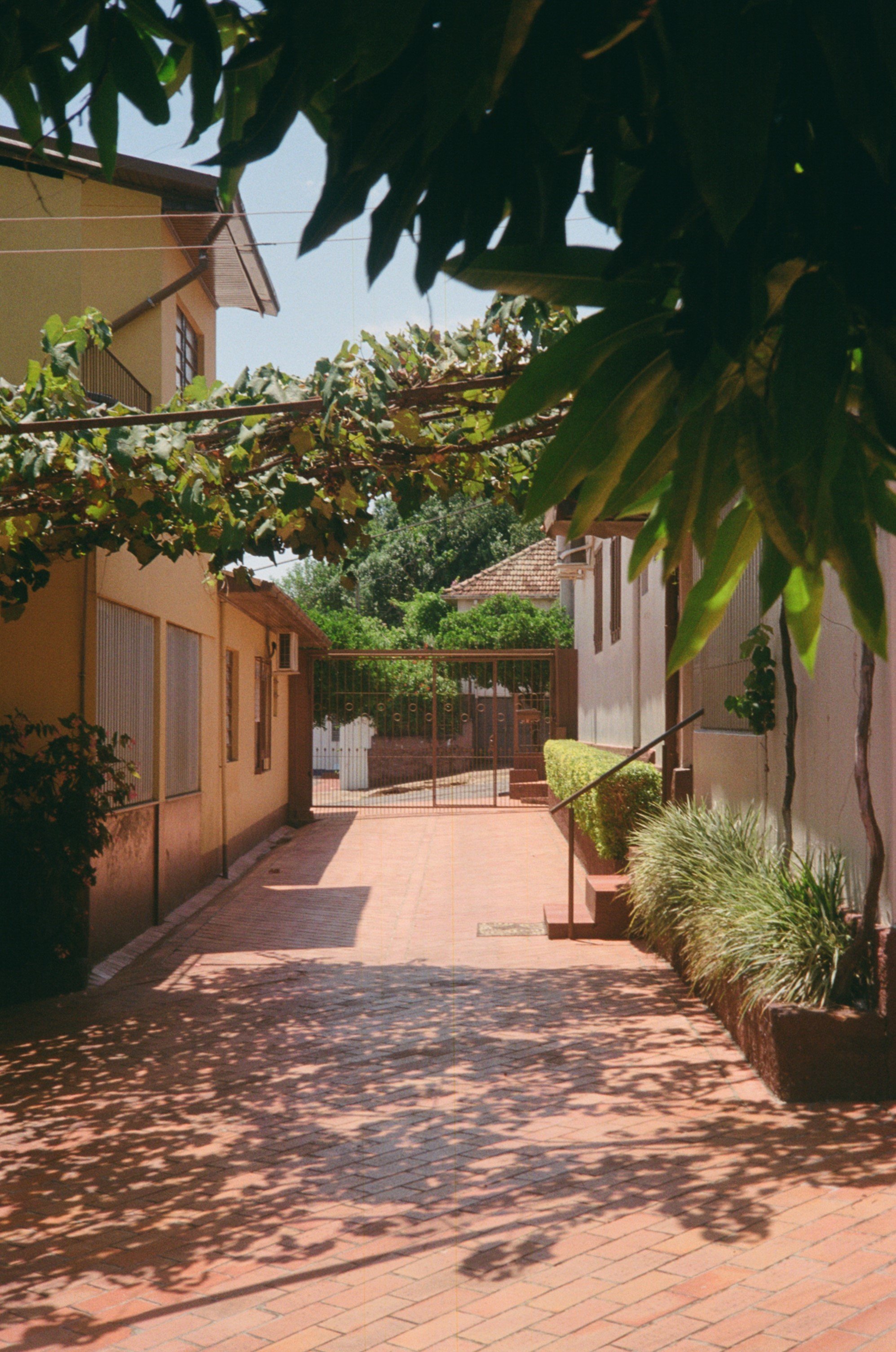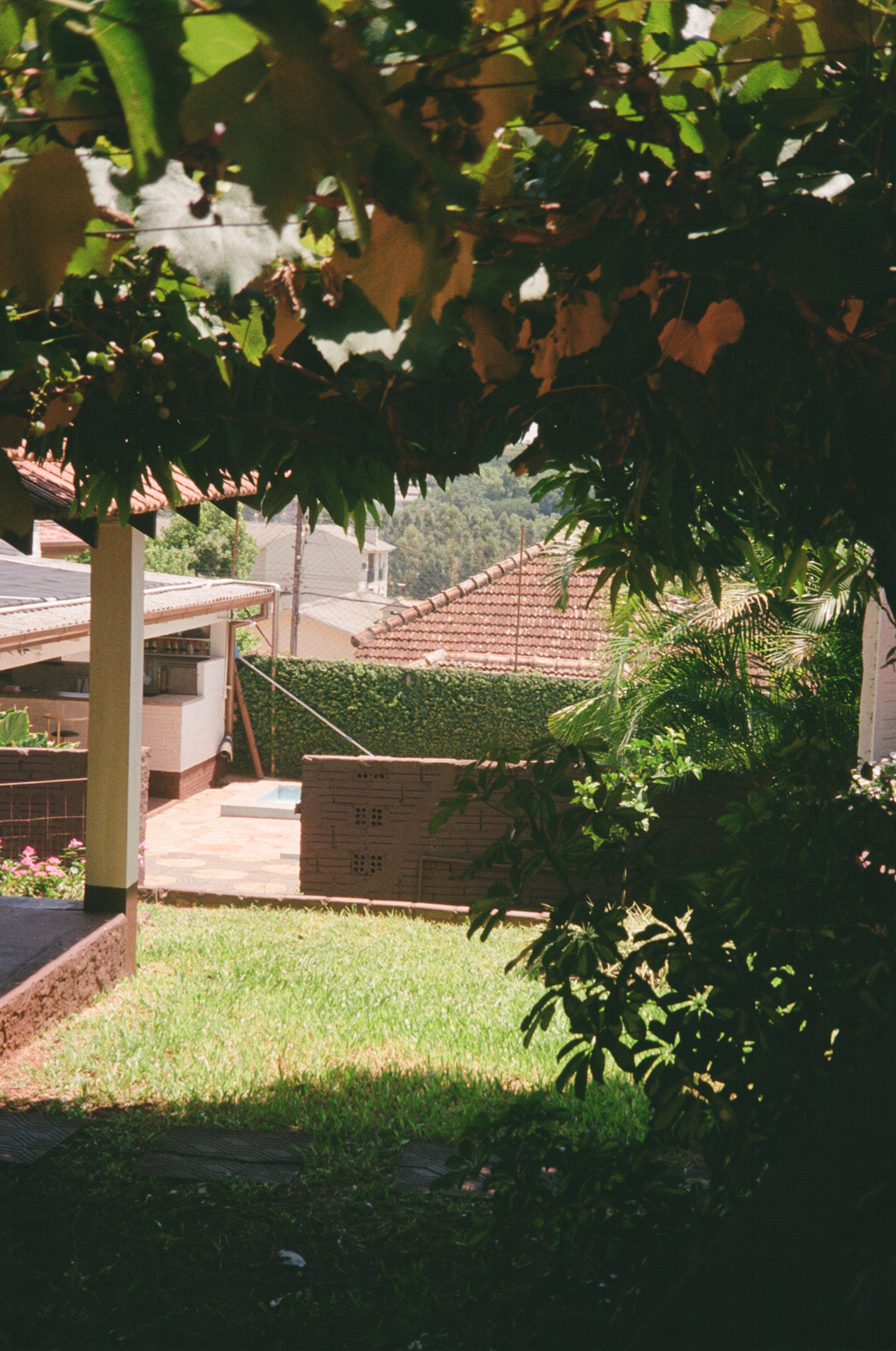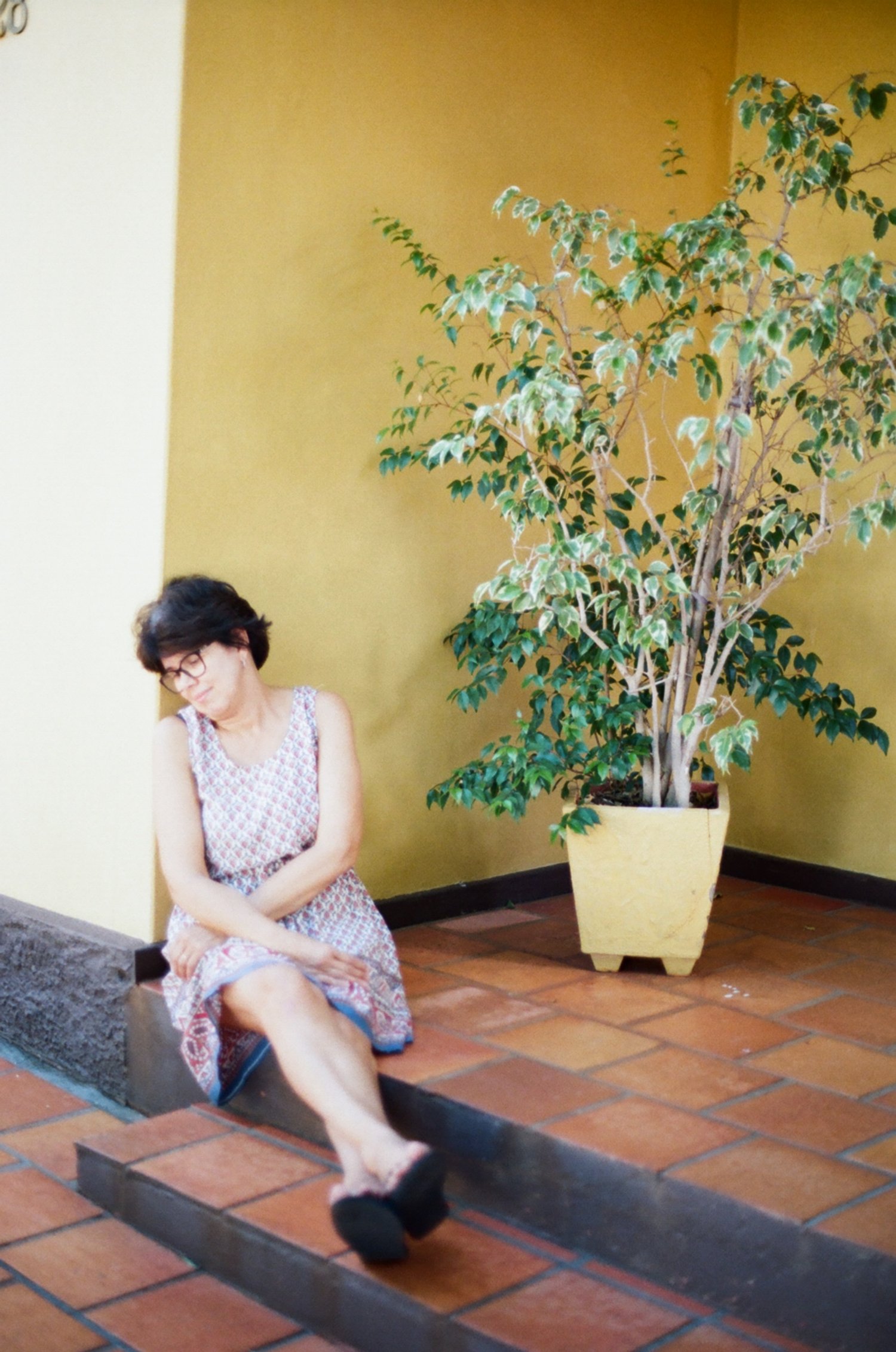I have a vague memory of when I decided to leave Brazil. I had barely set foot outside my small hometown in the south of the country, a long eight hour ride from the nearest big city and even further away from the coast. I was in my early teenage years, taken by a strong feeling of being an outsider to the place I was from. I set moving abroad as one of my life goals - half of me wanting to explore the world, the other half searching for somewhere to belong. Years later and I am caught up in the limbo of having built a life in a country an ocean away from my own; the cliche that every foreigner faces at some point in their journeys in far away lands of realising they will never again be entirely here or entirely there, a feeling intensified by a global pandemic that forced 'home' to be the very centre of our lives for so long, that made us question every bit of our existences. And then, here I find myself once again, taken by a strong feeling of being an outsider to a place that I tried to make home, half of me still wanting to explore the world, the other half still searching for somewhere to belong.
This series looks into my life through the history of the older women in my family. These photographs were taken in January 2019 and February 2022 while spending some time in the South of Brazil where I grew up. Most were taken in Santa Rosa, in the house I was born and where my family still lives, and a few in my Grandma’s house in Santa Maria, a city three hours away from there.
I grew up in a house next to my grandma's house, which was next to my aunt's. We all shared the same backyard in the centre of a small town in the South of Brazil. Until I was a teenager, there were also two smaller houses in the back that my grandparents rented for strangers. My bedroom window was on the ground floor straight into the pathway where everyone passed through. I absolutely hated living like that - I liked spending time on my own and I felt like I had no privacy. Eventually they got rid of the houses and made the backyard bigger, but the rest of my family still lives there. Today, my aunt, uncle and parents take care of my grandma Maria, who lives in the house in the middle, so I guess this all makes sense somehow; an old-fashioned version of what many of us try to do today but with friends.
This is Aunt Helga. She was brought into my grandparents house as a teenager to work taking care of their children and their house. My family comes from an Italian background; my great-great-grandparents moved from a tiny village in Italy to a small town in the South of Brazil in order to have a better life. Although I know very little of her past, Aunt Helga has a German background and grew up speaking a German dialect in the countryside a few miles away from my hometown.
She used to sleep in a small bedroom with a single bed at my grandparents' house, which was upgraded to a bigger one when they did some works in the house a few years ago. She told me she had boyfriends when she was younger, but she never got married or had kids of her own; instead, she dedicated her life to taking care of our family for a small salary and a roof over her head. Today, she spends her time caring for my grandmother, who is getting really old and forgetful. She goes home on Sundays to see her sister; they own a house together in the suburbs where she plans to retire once my grandmother dies.
I have always questioned these old-fashioned dynamics we still see in Brazil; my family doesn't have a lot of money and yet they could afford to have someone working for them full time. I don't really think Tia Helga, - how we call her - ever had the opportunity for a different life; she seems happy with the one she's got, and she is loved and appreciated by everyone around her, but I can't help to imagine what she would have become had she had other choices.



















